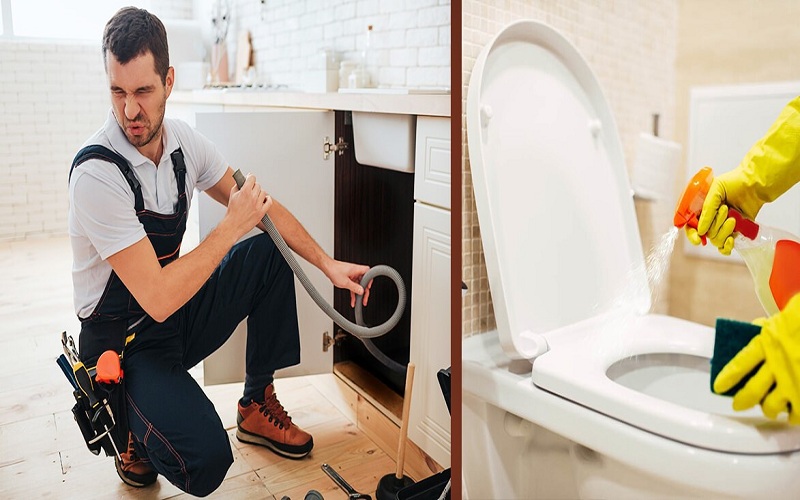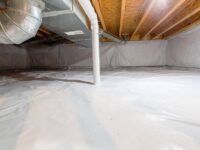Understanding the Causes of a Smelly Plumbing System

The reliability of your plumbing system largely determines your home’s comfort and hygiene. However, you may experience plumbing issues over time, perhaps due to poor maintenance or natural wear and tear. One of the most common problems homeowners face is a smelly plumbing system.
A smelly plumbing system can be unpleasant and embarrassing and pose potential health hazards if not addressed promptly. This article discusses some of the most common causes of a smelly plumbing system and how to prevent or fix them.
Tree Roots
Trees are a great addition to your yard. Besides offering shade, they also add beauty and value to your property. However, if not keen, trees can turn into a plumbing nightmare.
Tree roots grow towards sources of warmth and moisture, making your underground pipes an ideal target. Over time, they can infiltrate small cracks or joints in your pipes and continue to grow inside, causing blockages and eventually damaging the pipes. As the roots impede proper water flow, they can cause sewer backups, leading to unpleasant odors.
You can prevent this by ensuring a safe distance between the trees and your plumbing system. Regularly inspect and maintain your pipes to identify potential root intrusions and address them before they cause significant damage.
Sewer Line Issues
Your home’s main sewer line carries all the wastewater from your home to the municipal sewer system. It can get clogged for various reasons, such as improper disposal of grease, hair, or sanitary products.
A clogged sewer line causes backups and leads to a smelly plumbing system. In severe cases, it may even cause sewage to back up into your home. Let a professional like Torrance Plumbing – Drain City Plumbing Inc. inspect and maintain the sewer regularly to spot clogs and clean them before they get out of hand.
Dry P-Trap
P-traps, also known as U-bends, are an essential part of your plumbing system. These curved pipes hold water to prevent sewer gases from entering your home.
If a room or area is not used for a long time, the water in the P-trap evaporates, leaving it dry. When this happens, sewer gases can pass through and escape into your living space, resulting in a foul smell. The best way to prevent this is by regularly using all fixtures in your home, especially those that are not frequently used. Alternatively, pour water down the drains periodically to refill the P-trap.
Sulfur Bacteria
An egg-like smell in your plumbing system is a common sign of sulfur bacteria. This type of bacteria produces hydrogen sulfide gas, which has a distinct unpleasant odor. Sulfur bacteria thrive in areas with low oxygen levels, such as drains or septic tanks.
To prevent the growth of sulfur bacteria, ensure proper ventilation and circulation in your drains and septic system. Regularly cleaning and maintaining your septic tank and pipes can help keep sulfur bacteria at bay.
Conclusion
Now that you understand some of the most common causes of a smelly plumbing system, you are better positioned to take prompt actions to address the issues. Regular maintenance and inspections by a professional plumber are crucial in keeping your plumbing system functioning correctly and odor-free.





